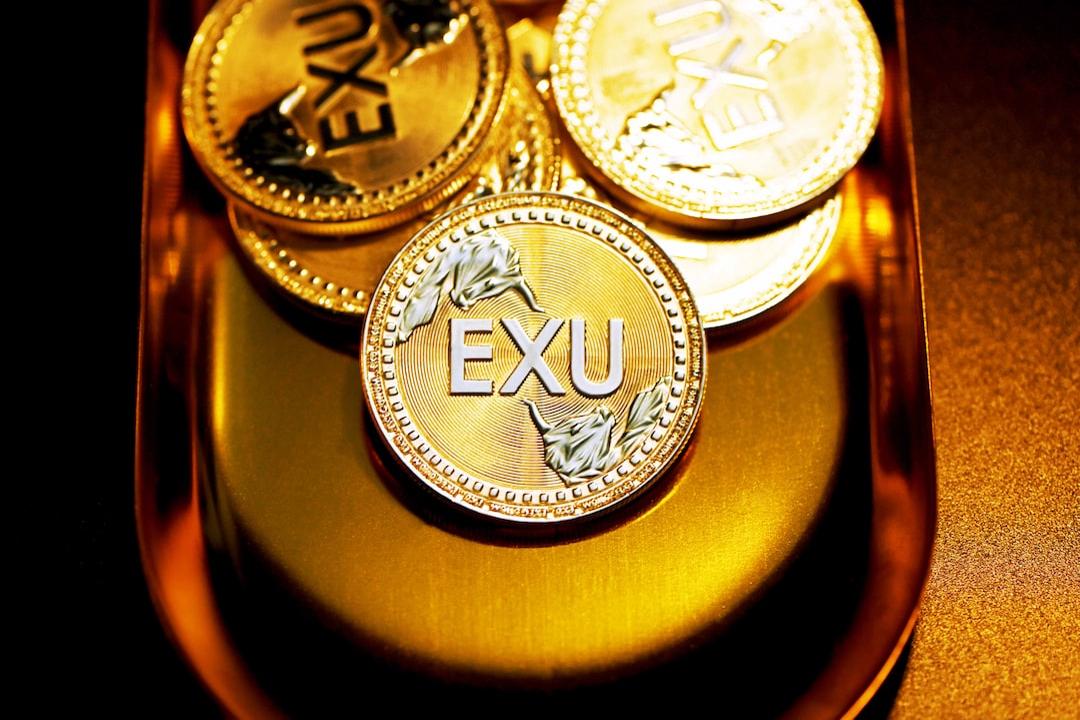The Bahamas is gearing up to enact new legislation mandating that commercial banks support its Sand Dollar central bank digital currency (CBDC) in an effort to bolster its adoption.
According to a June 2 report by Reuters, John Rolle, governor of the Bahamas central bank, highlighted the slow uptake of the CBDC to date, prompting the decision to legally require commercial banks to facilitate the distribution of digital currency. Rolle indicated that the CBDC regulations are expected to be finalized and enforced within the next two years.
“We anticipate a phased approach where all commercial banks will eventually participate and will be mandated to offer their clients access to the central bank digital currency,” Rolle stated.
The adoption of the Sand Dollar has been relatively subdued within the country, reportedly constituting less than 1% of the Bahamas’ currency since its launch in 2020. During the period from January to August last year, the total volume of Sand Dollar wallet top-ups plummeted from $49.8 million in 2022 to just $12 million.
While requiring commercial banks to integrate the Sand Dollar will necessitate significant technological updates for each institution, the Bahamas central bank asserts that increasing the use of CBDCs and mobile payments more broadly is critical.
The Bahamas is not alone in grappling with lower-than-expected CBDC adoption rates. Similar challenges have been observed in other countries, such as China and Nigeria. In China, participants in the CBDC pilot program expressed a preference for converting digital yuan to traditional cash, citing usability limitations and concerns over government oversight. Meanwhile, Nigeria, known for pioneering CBDCs in Africa, has faced challenges despite multiple initiatives to drive adoption. As of mid-2023, less than 1% of Nigerian bank account holders had eNaira wallets, with weekly active users representing less than 1.5% of these wallets.
In October 2020, the Bahamas made history as the first country globally to launch a CBDC, distributing its Sand Dollar digital currency to all 393,000 residents.
Source: Reuters

